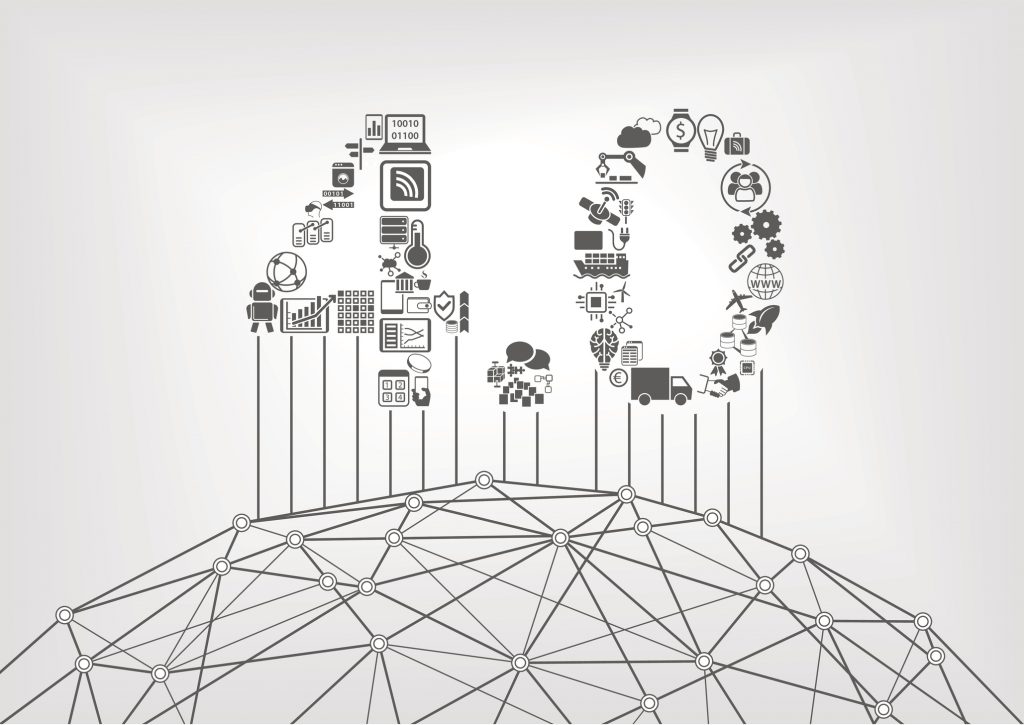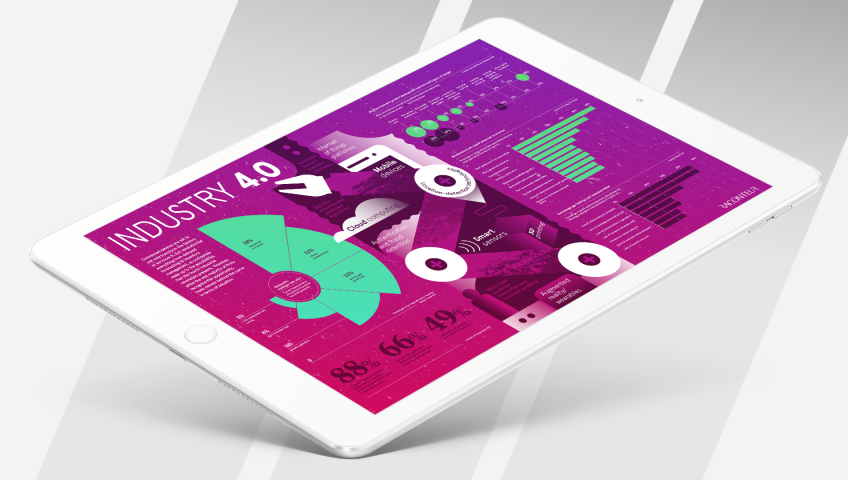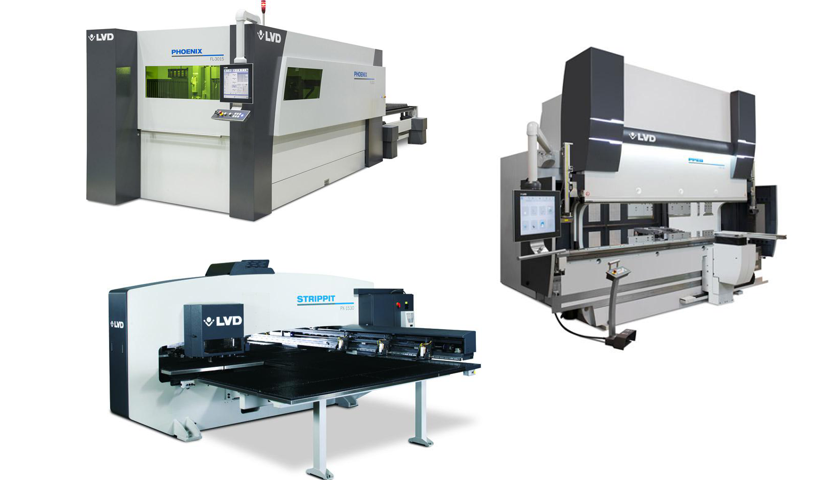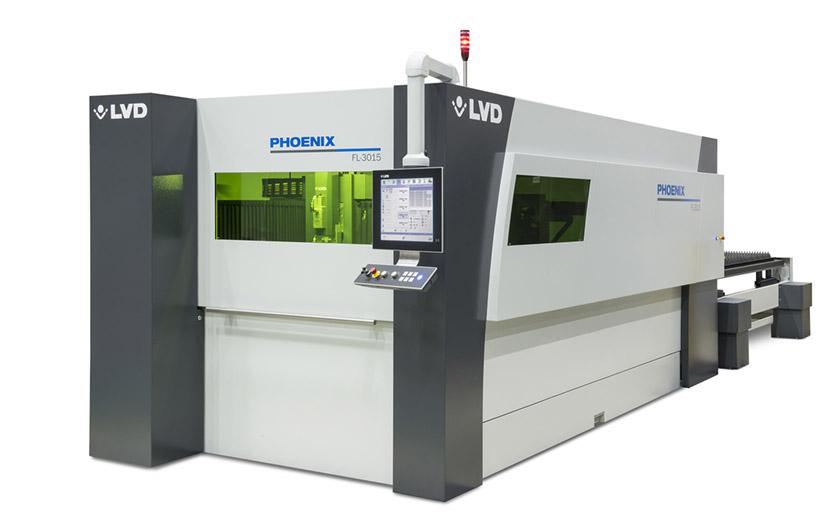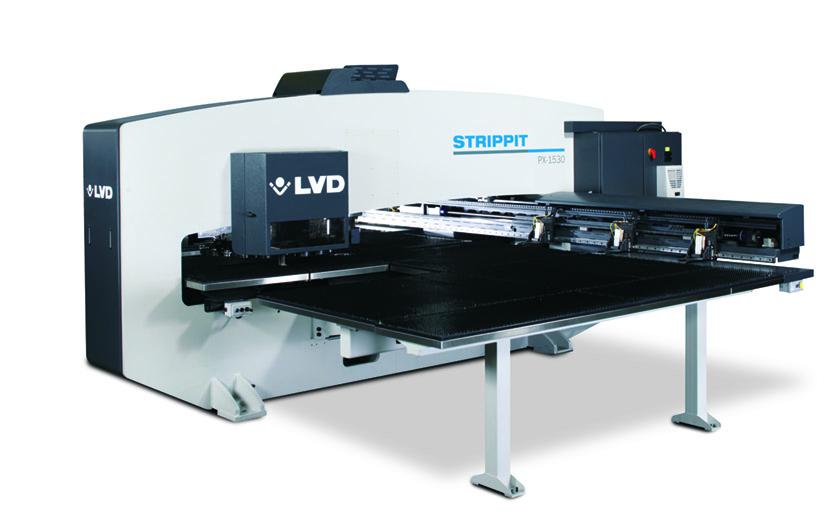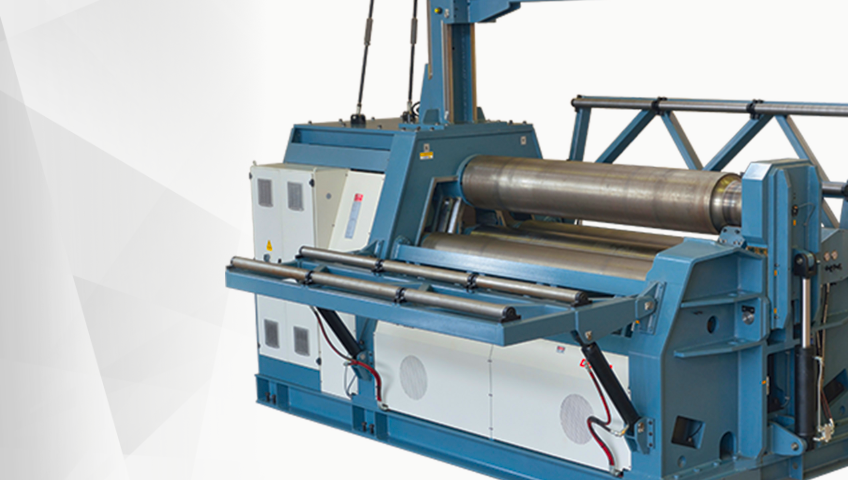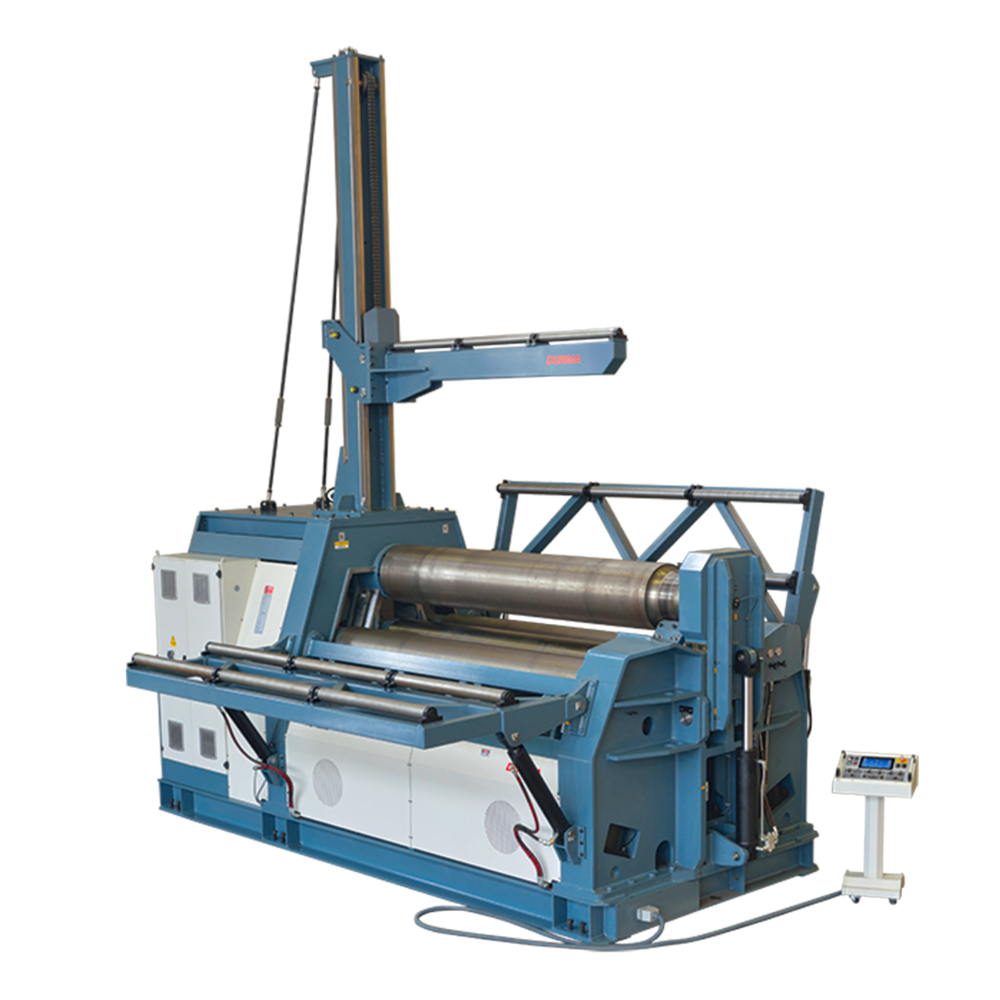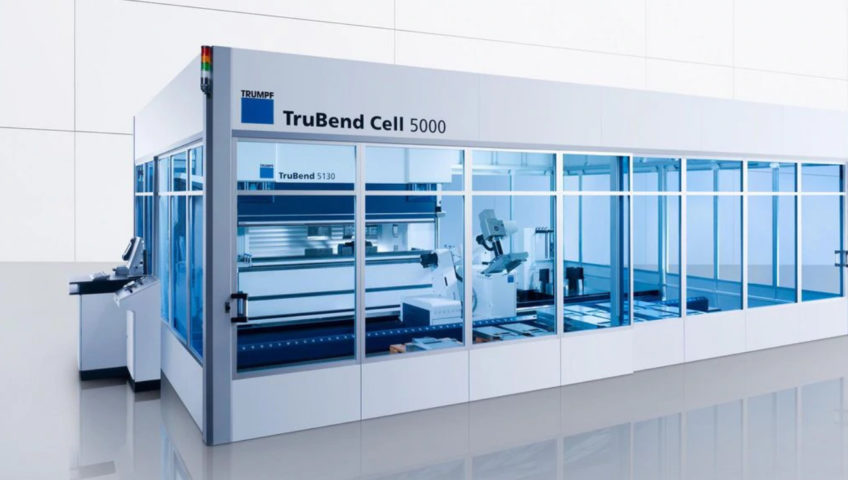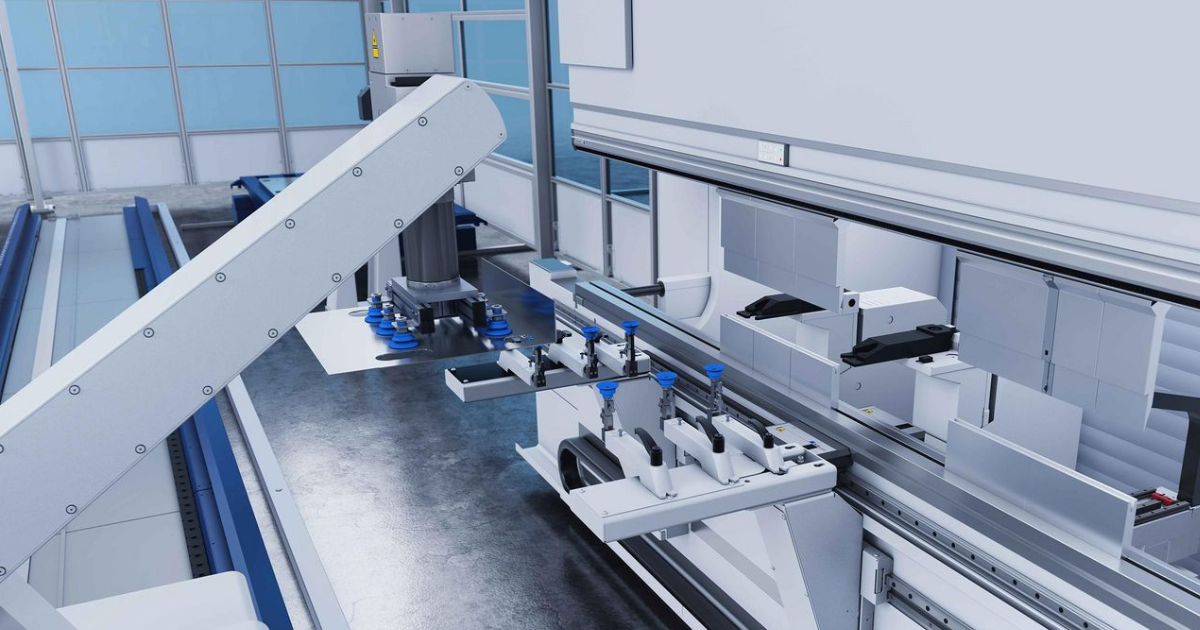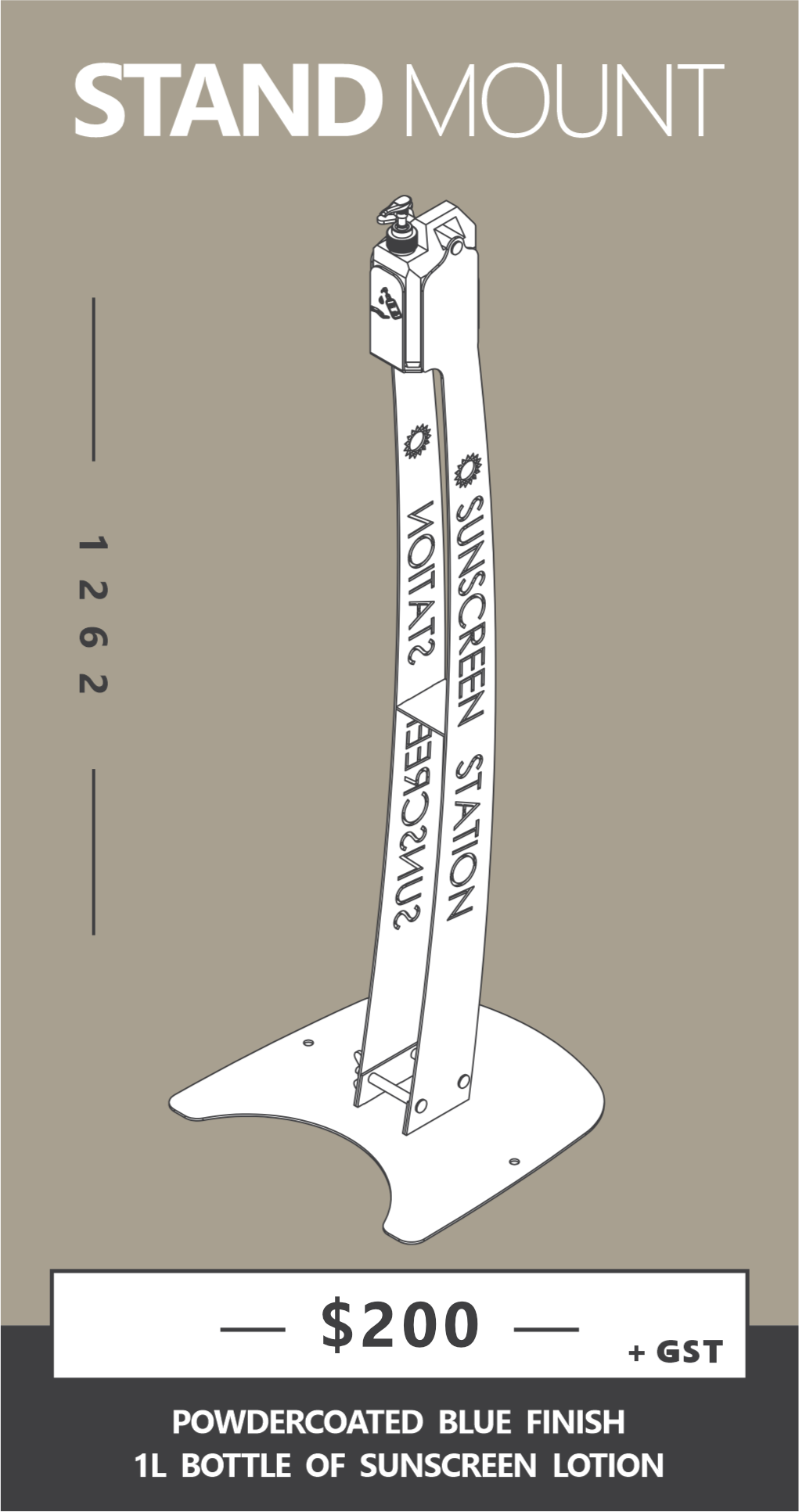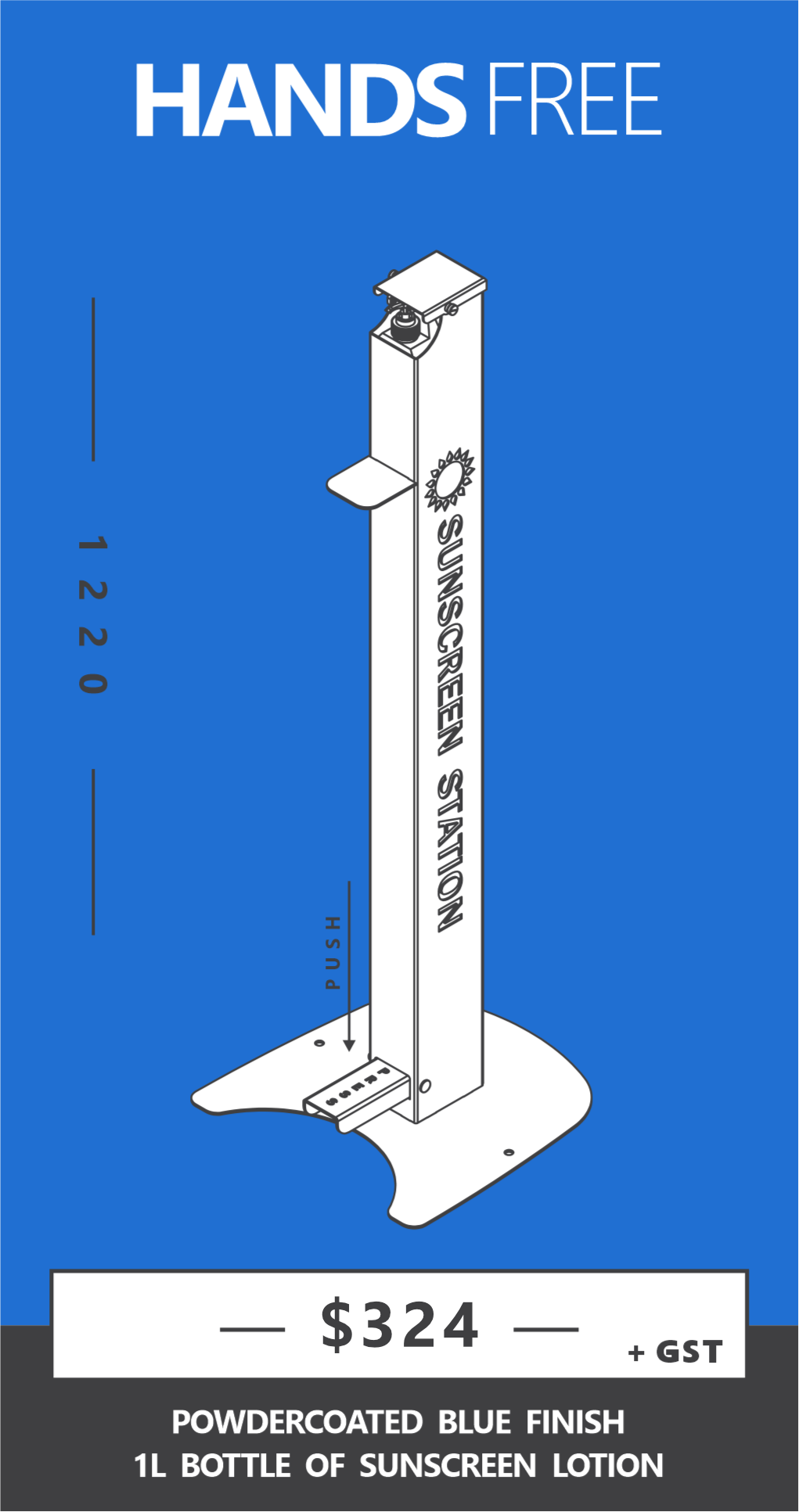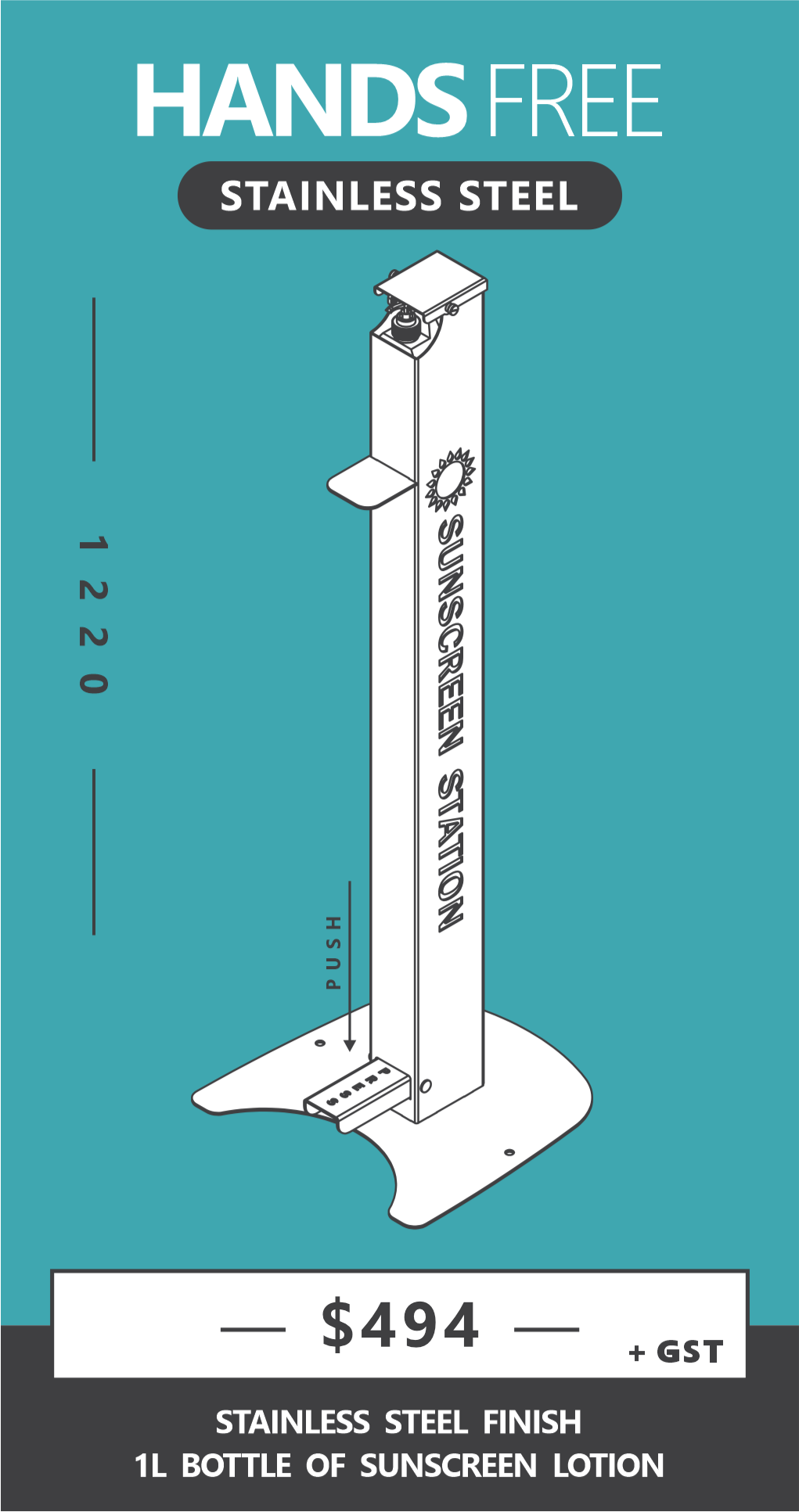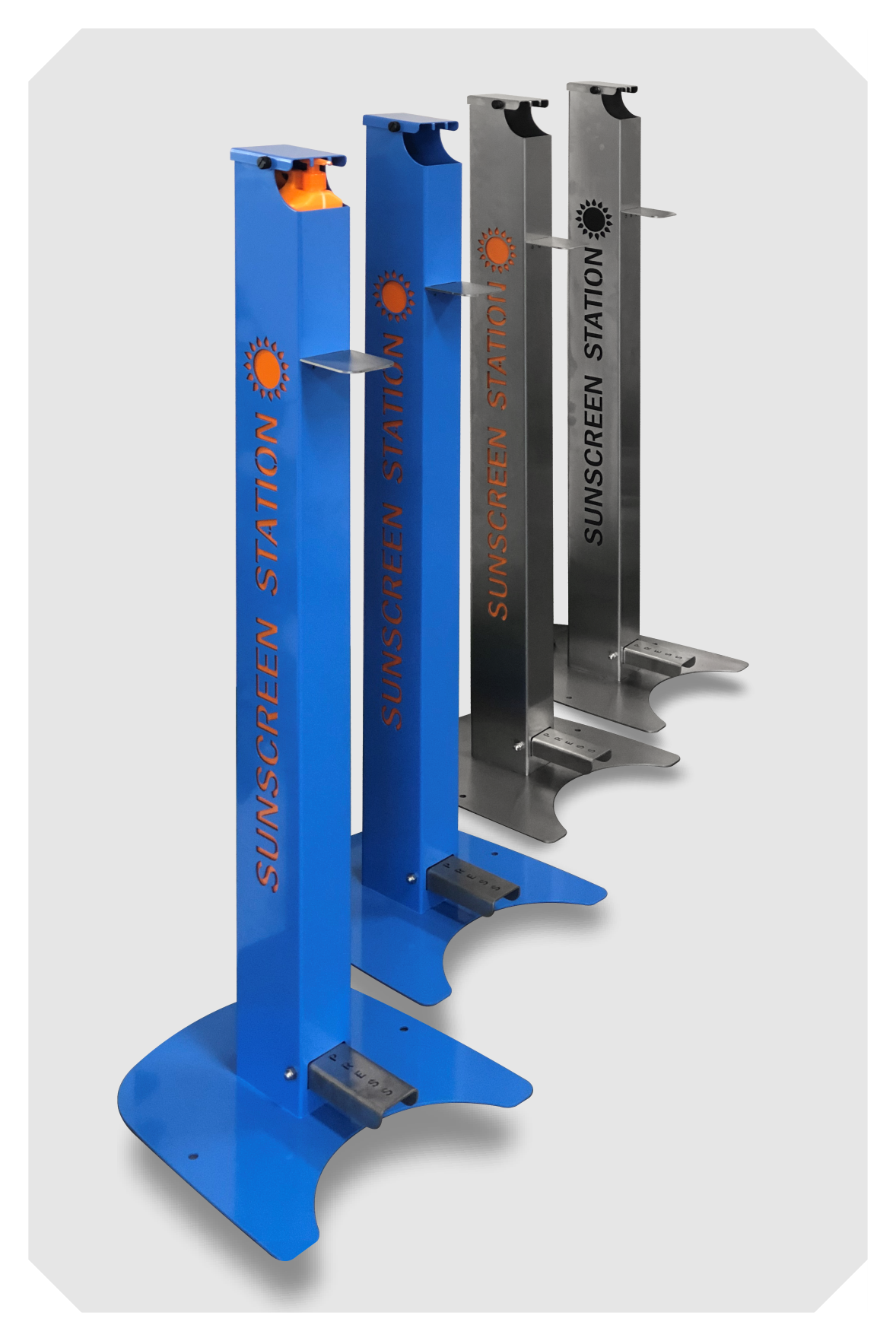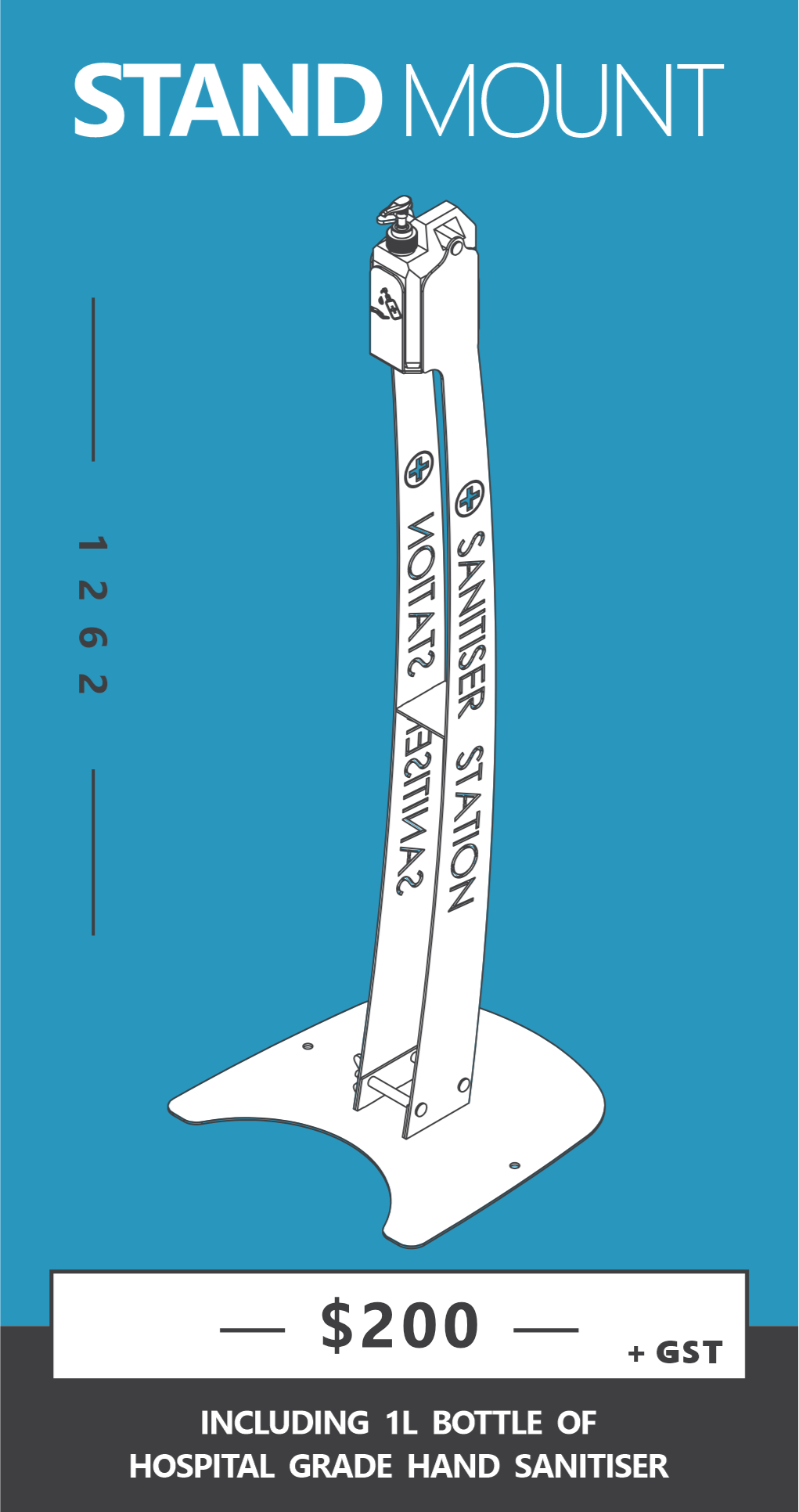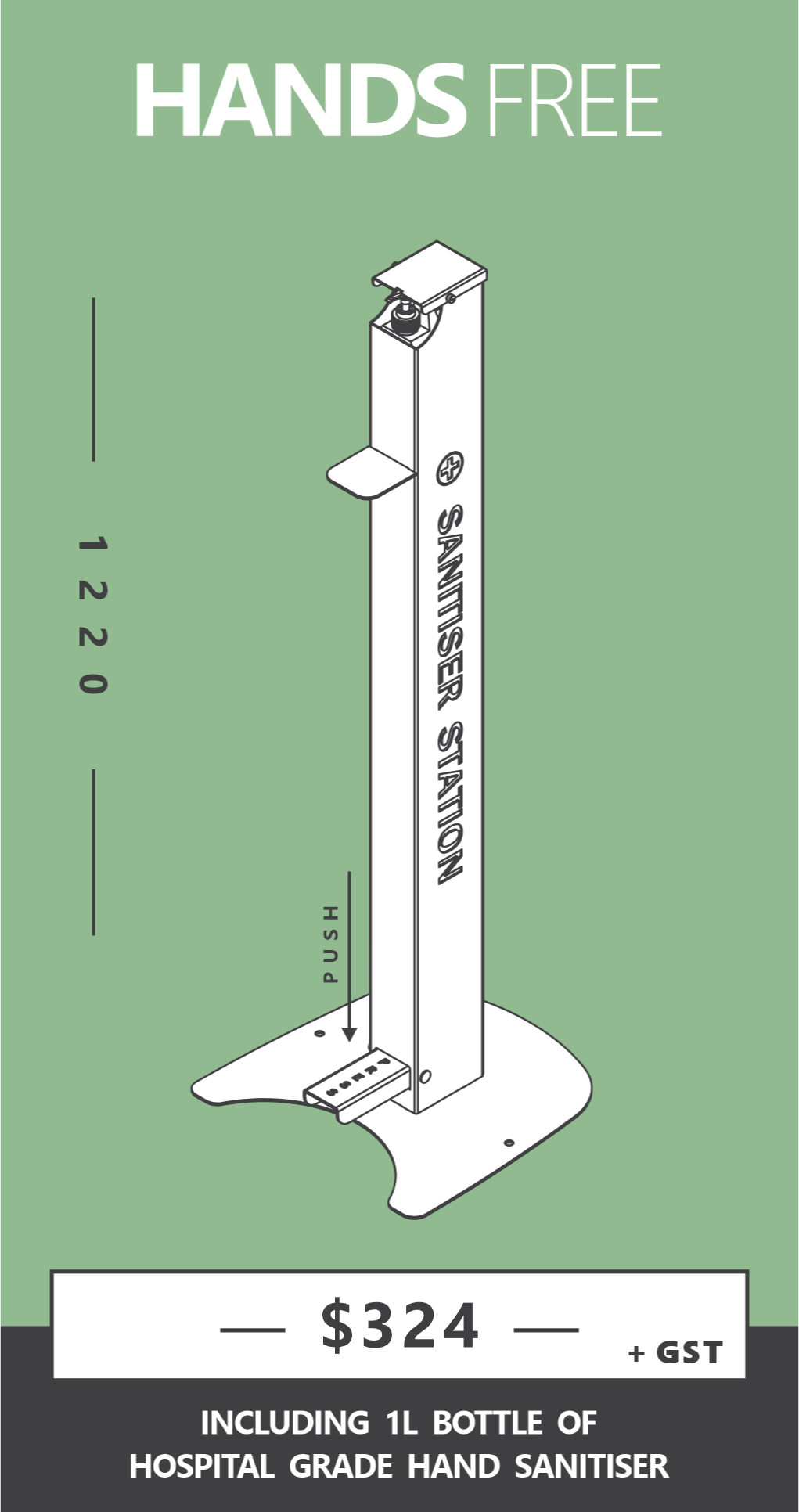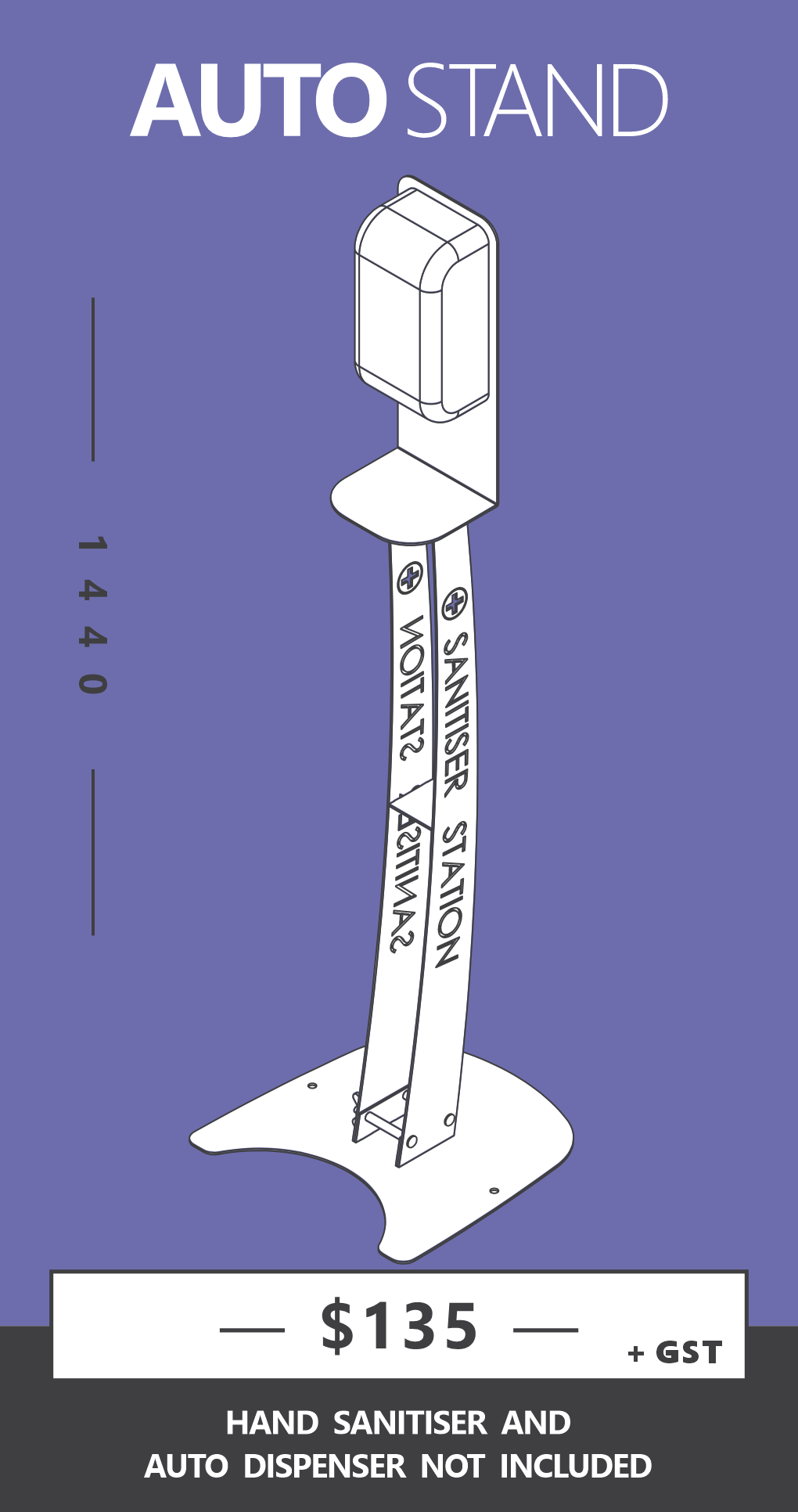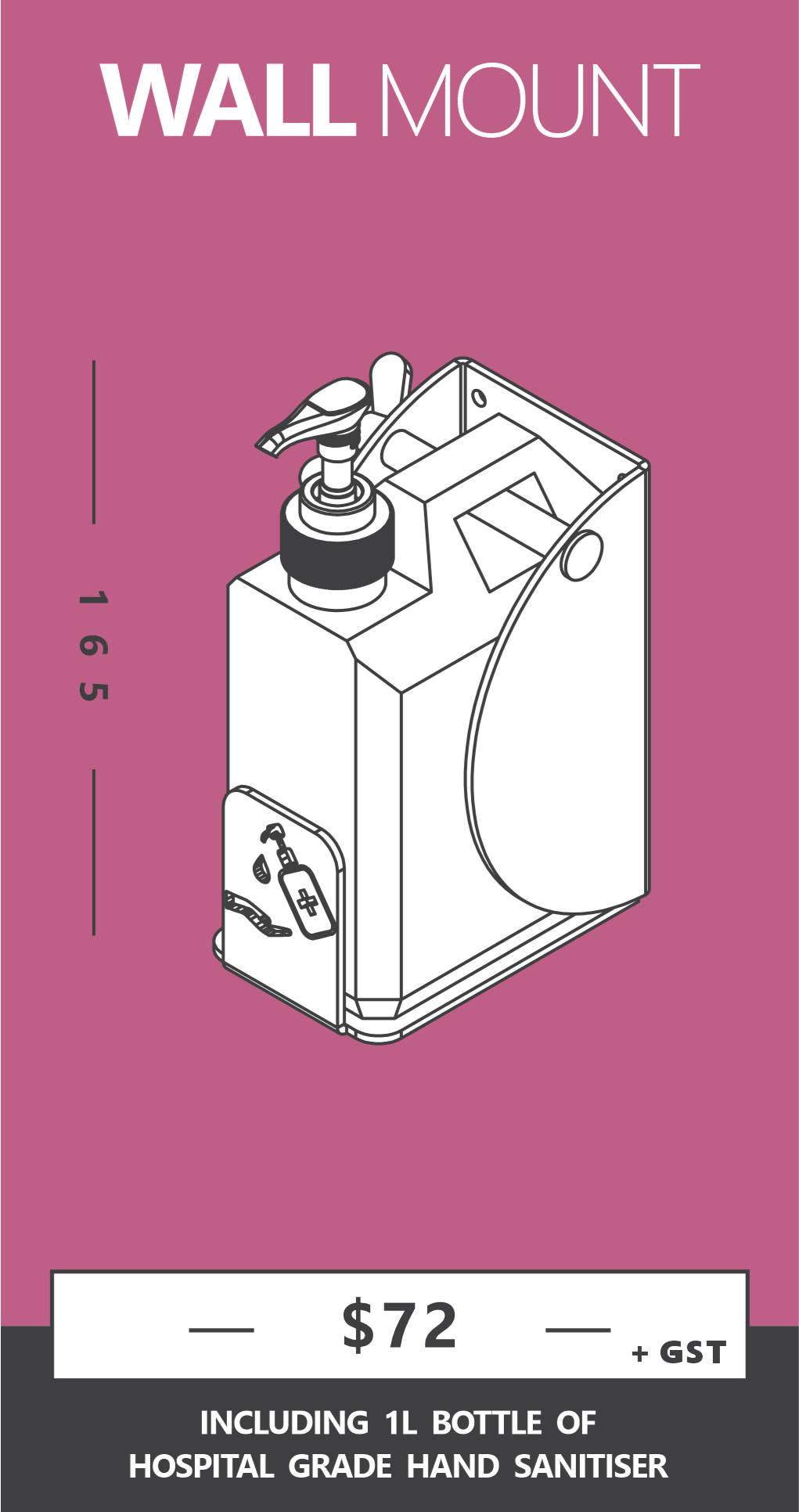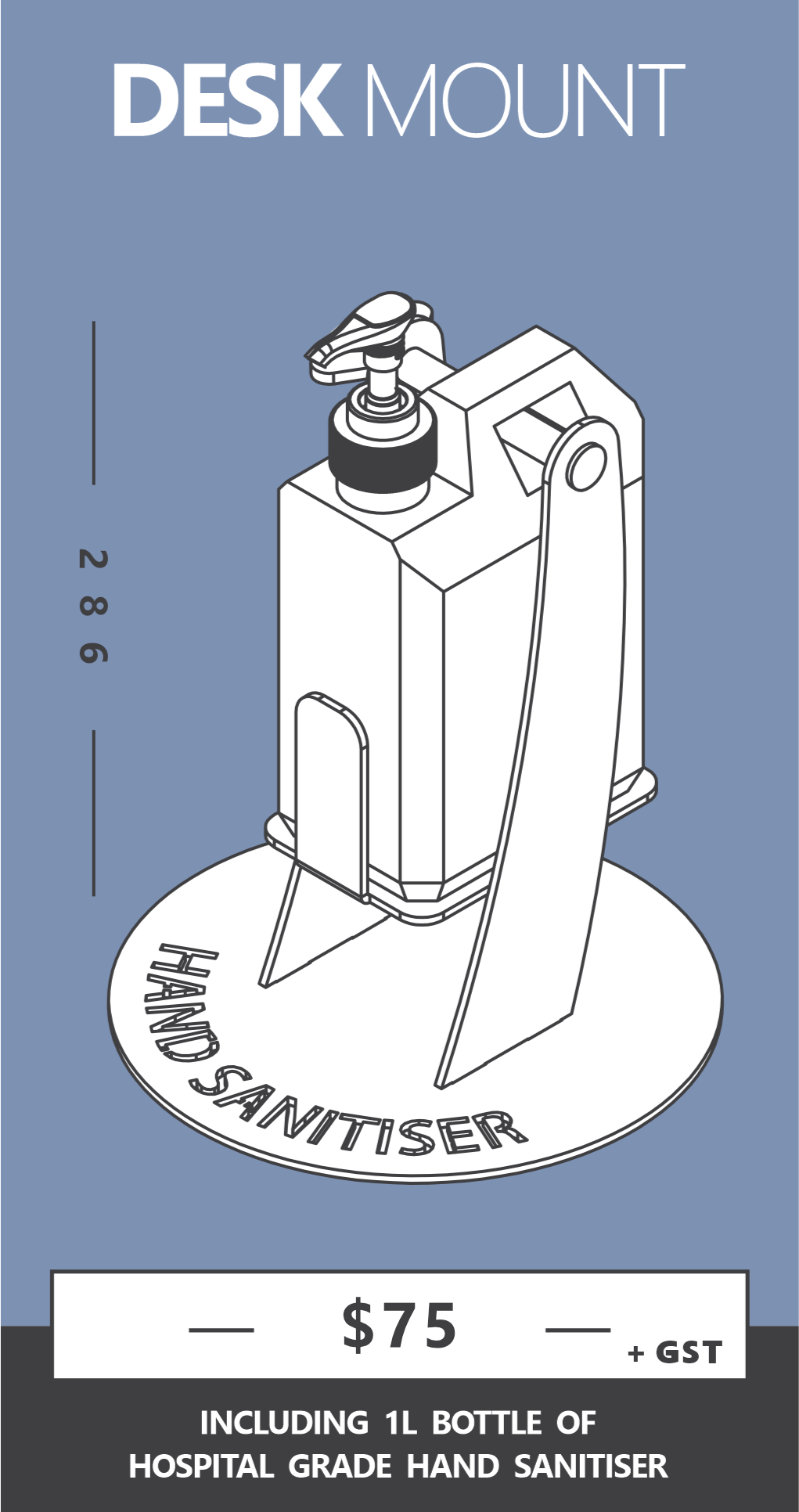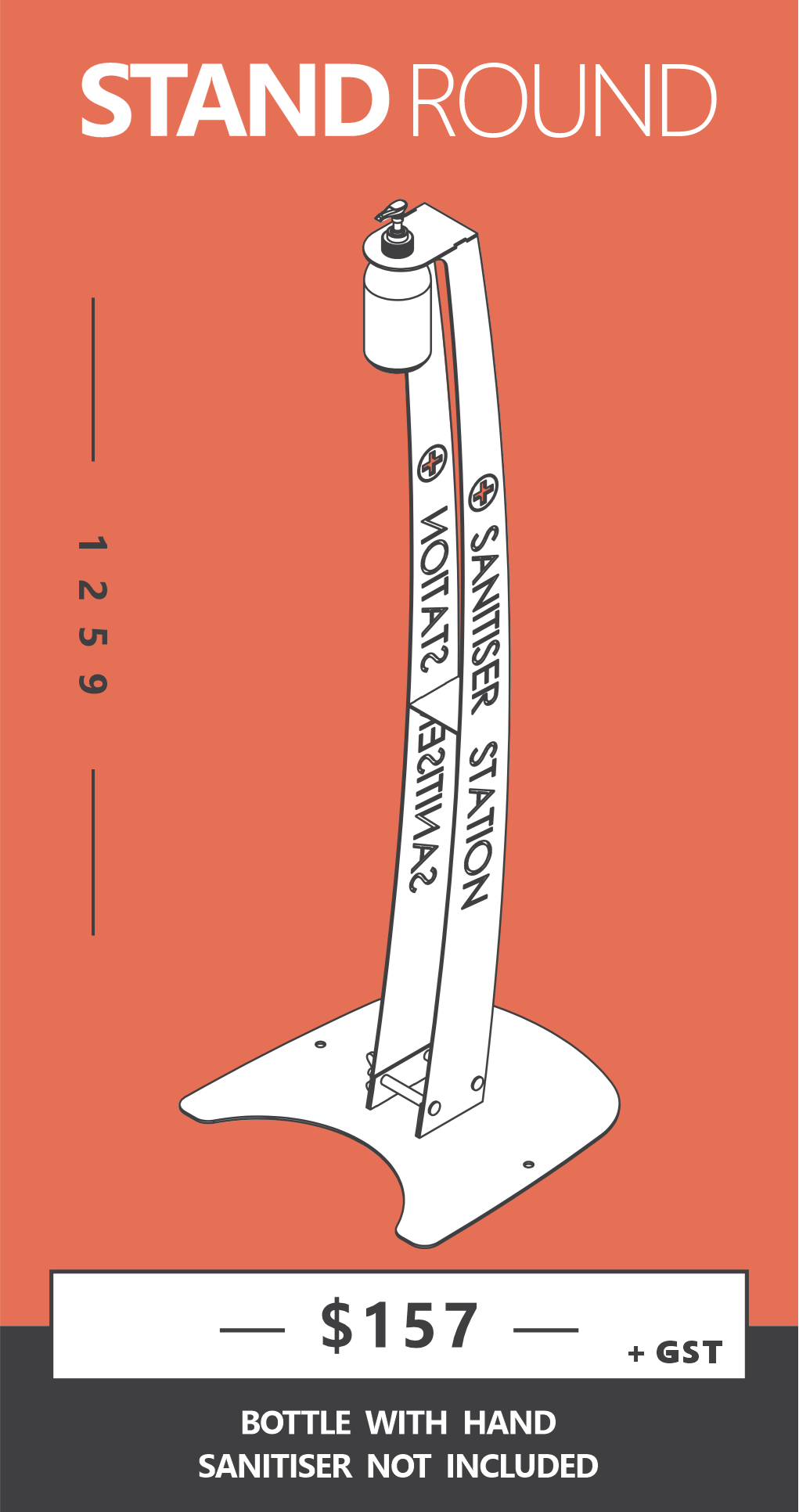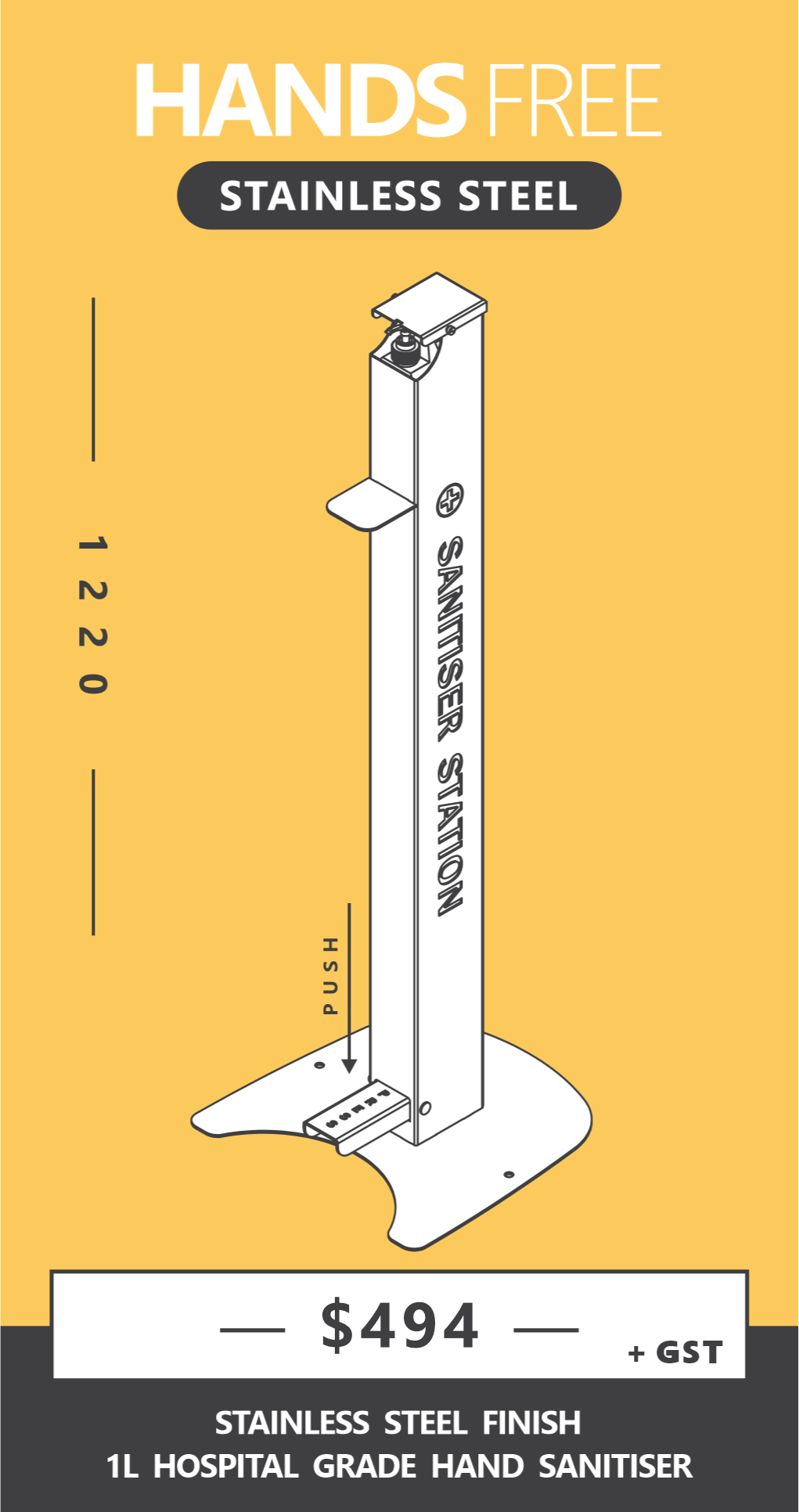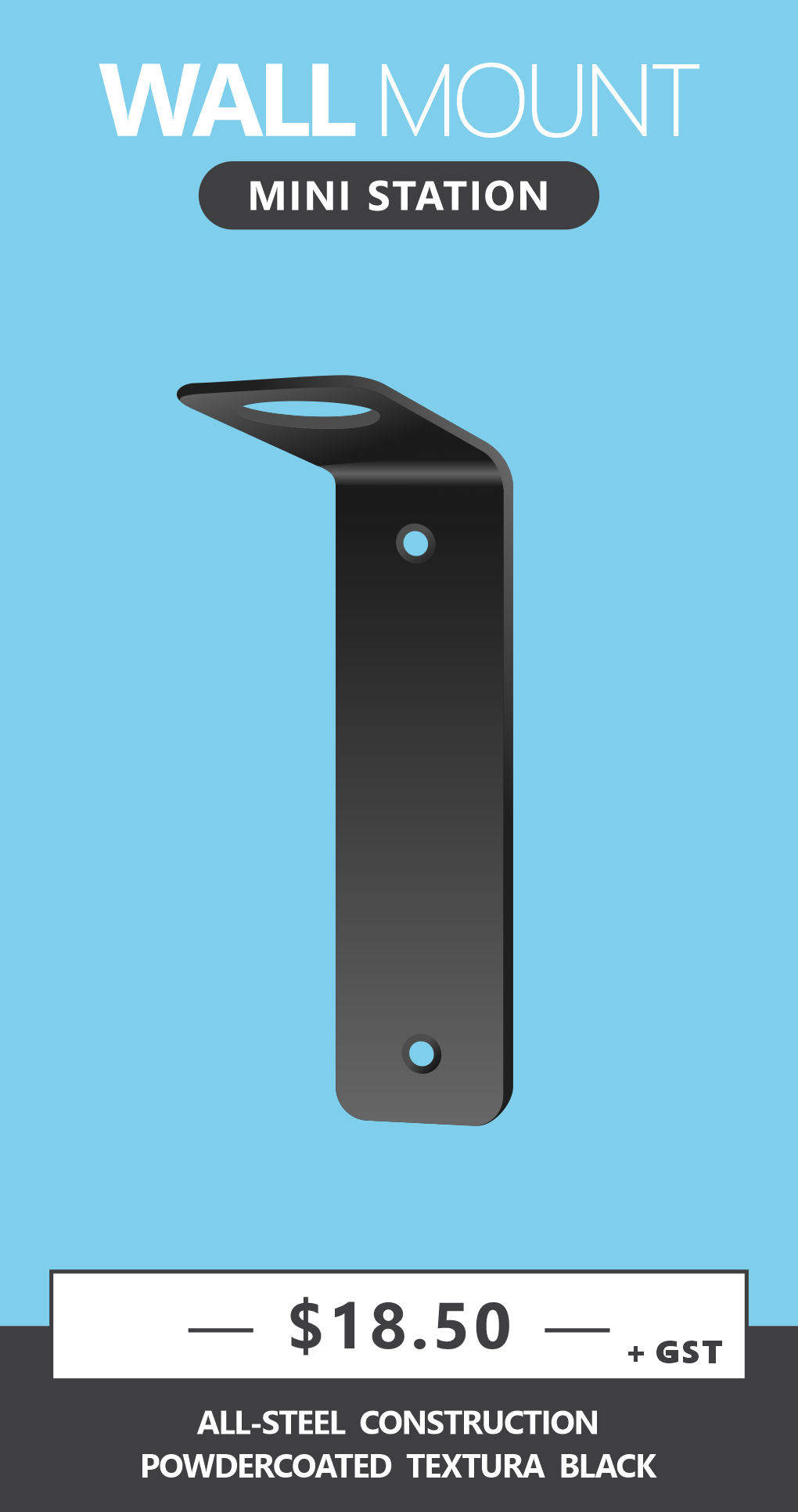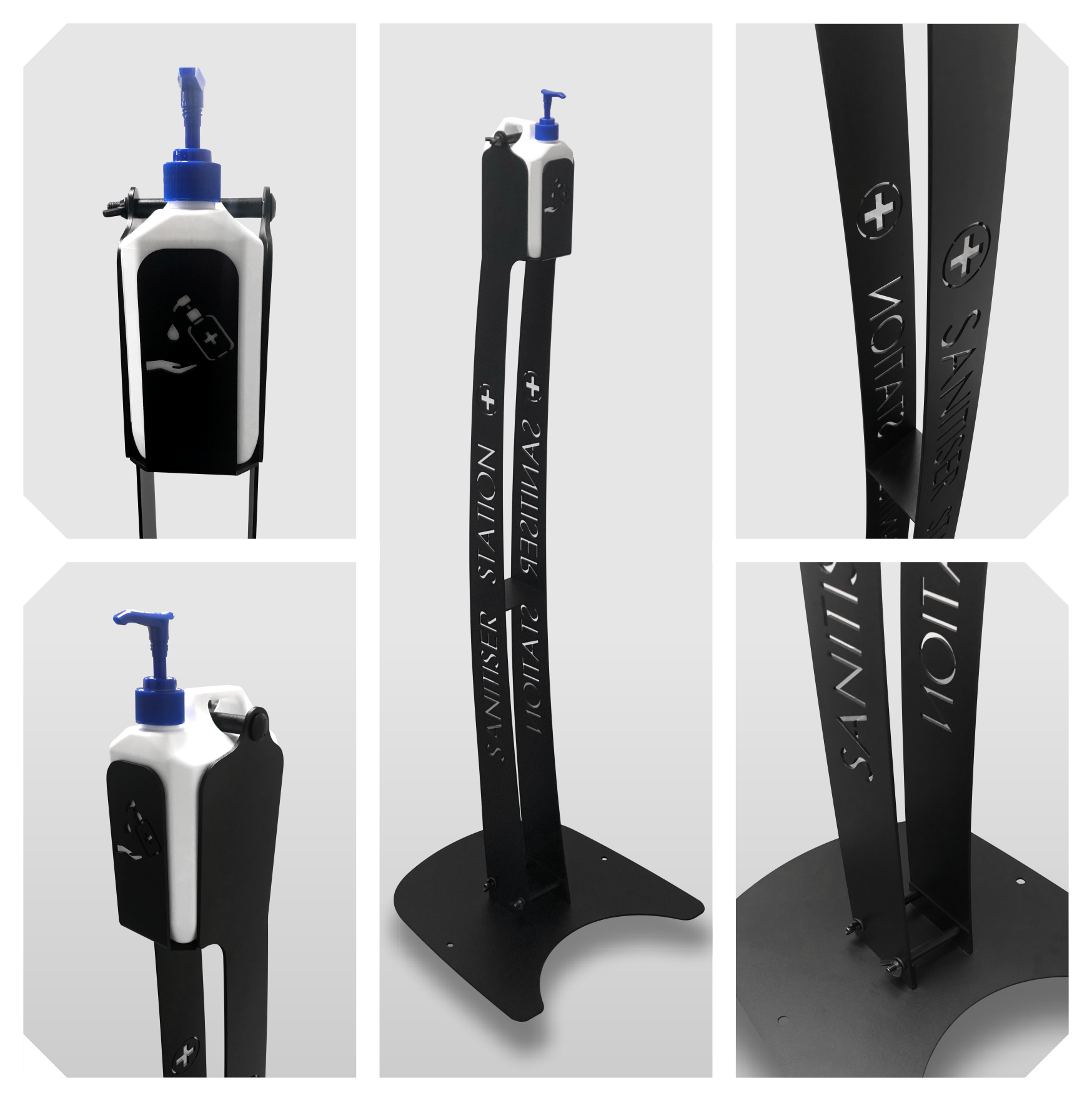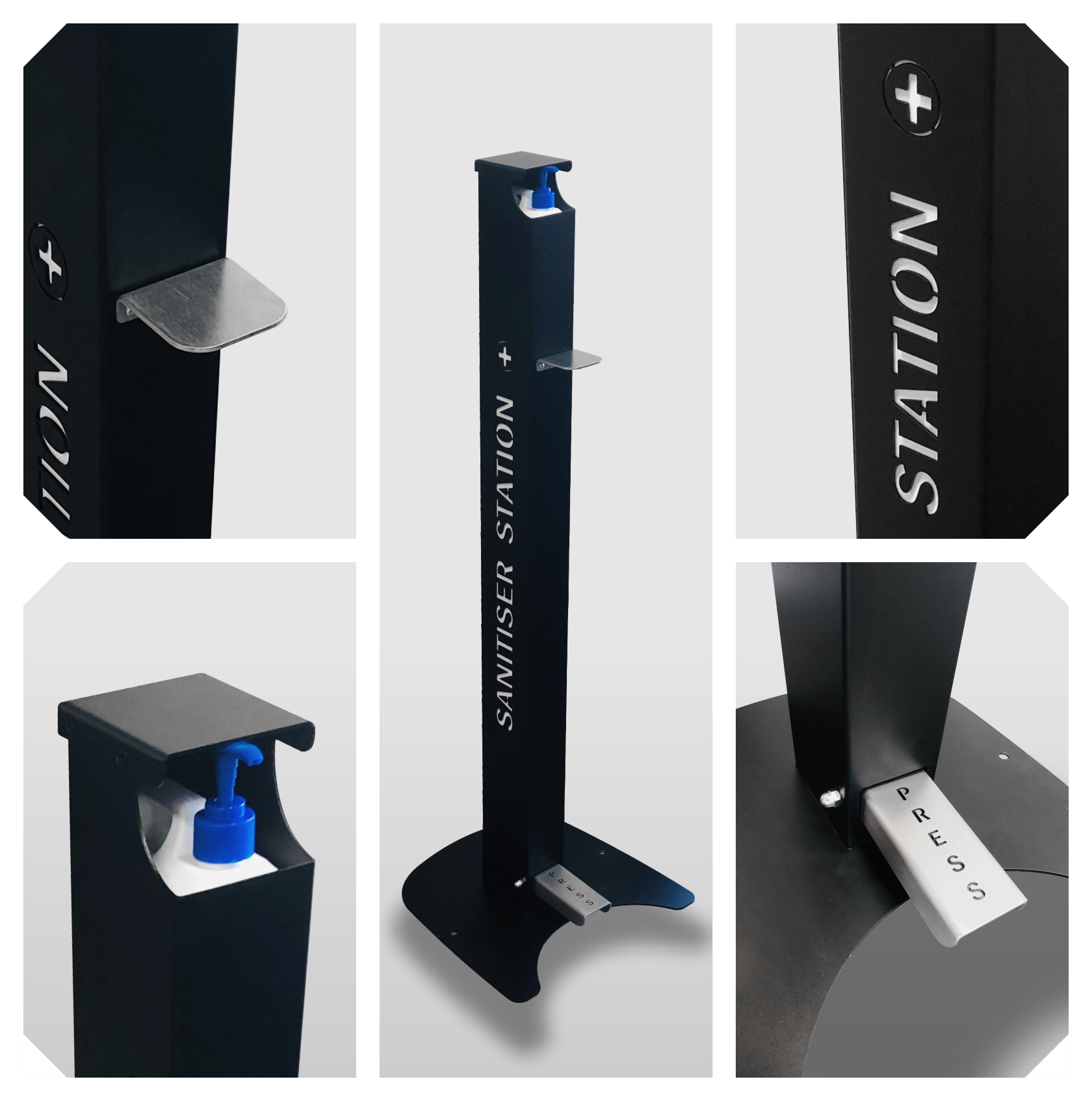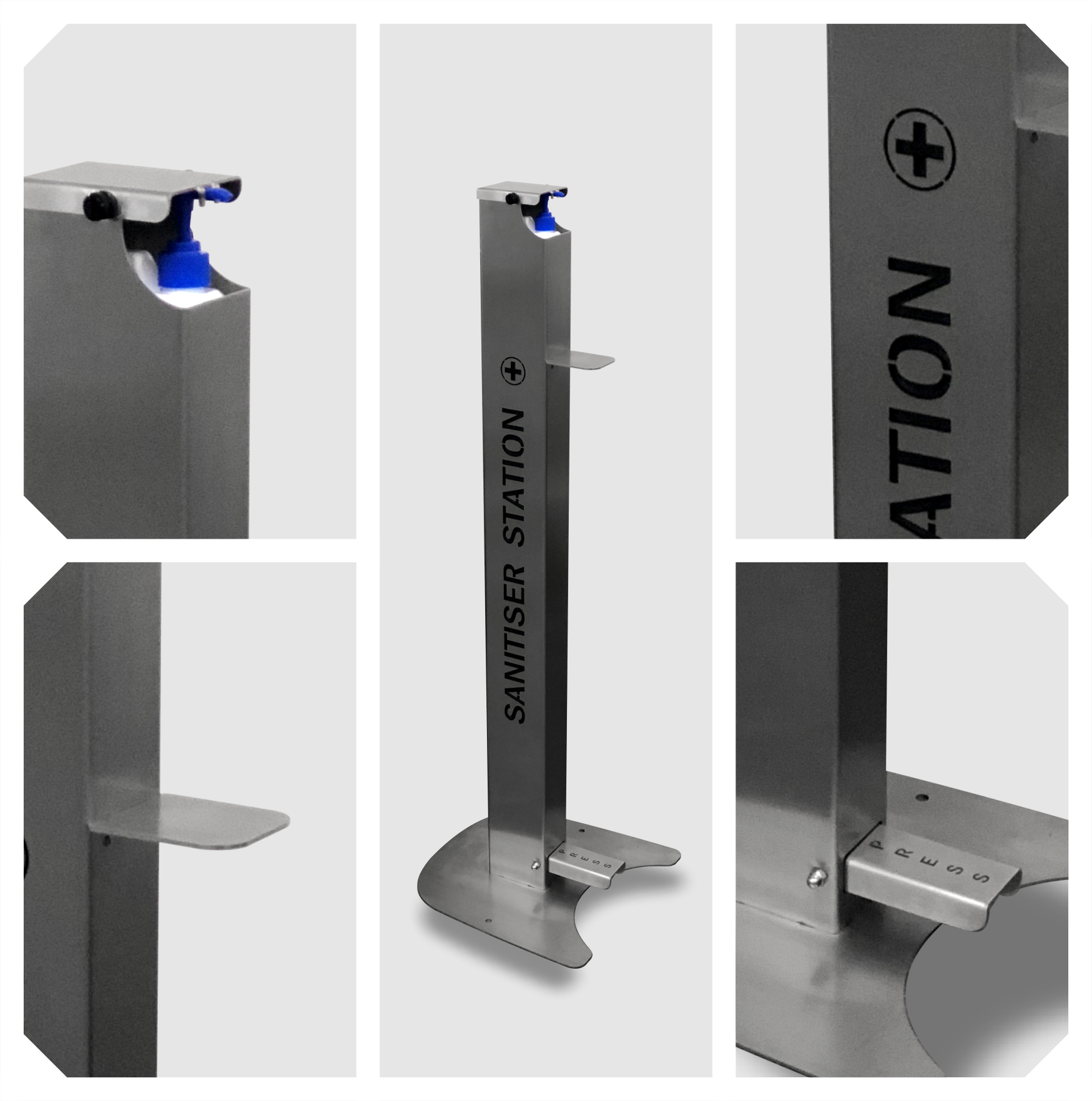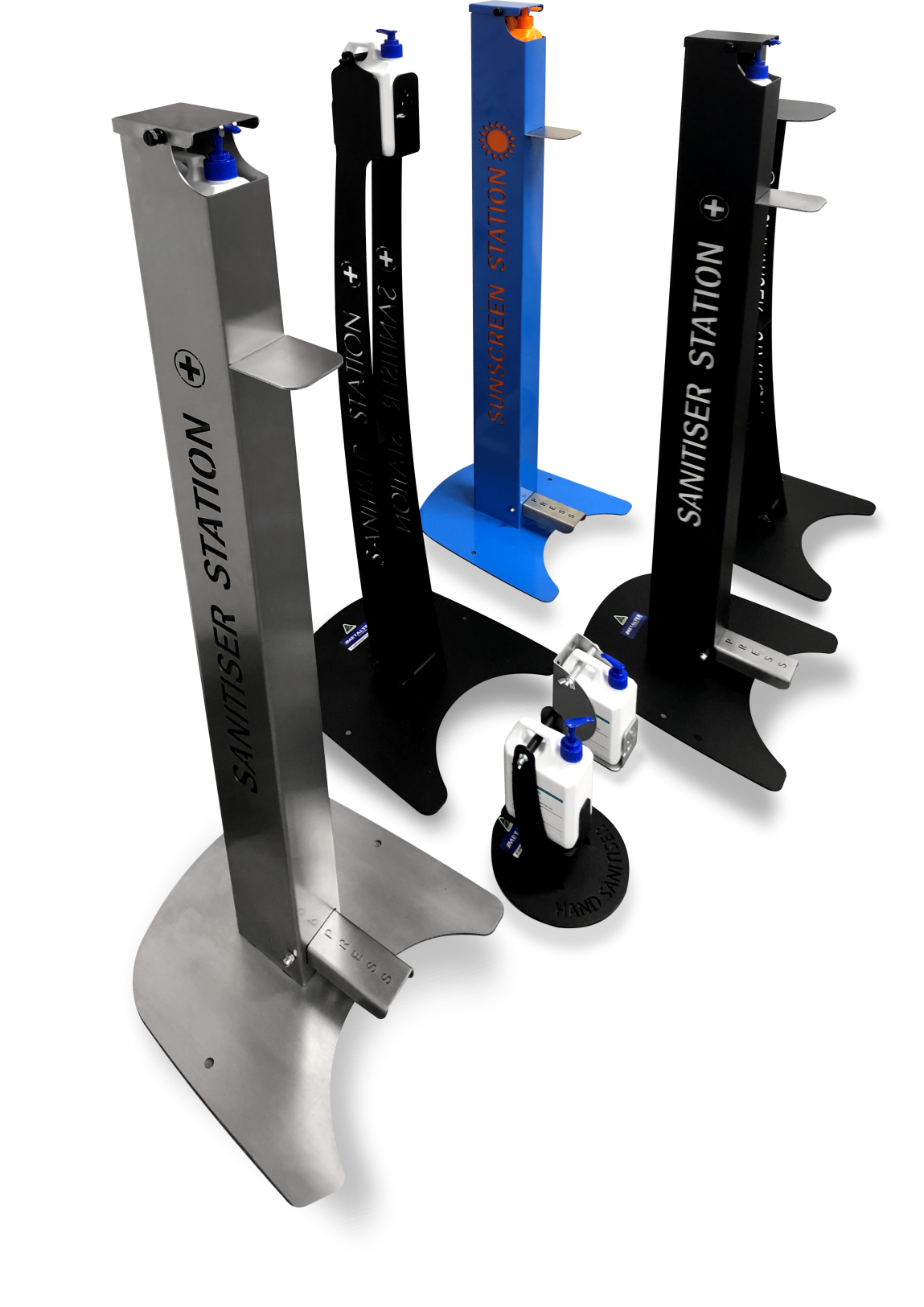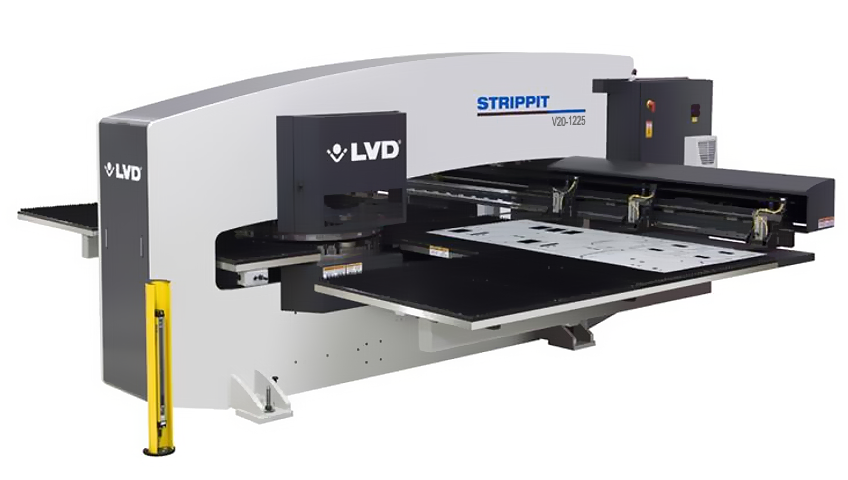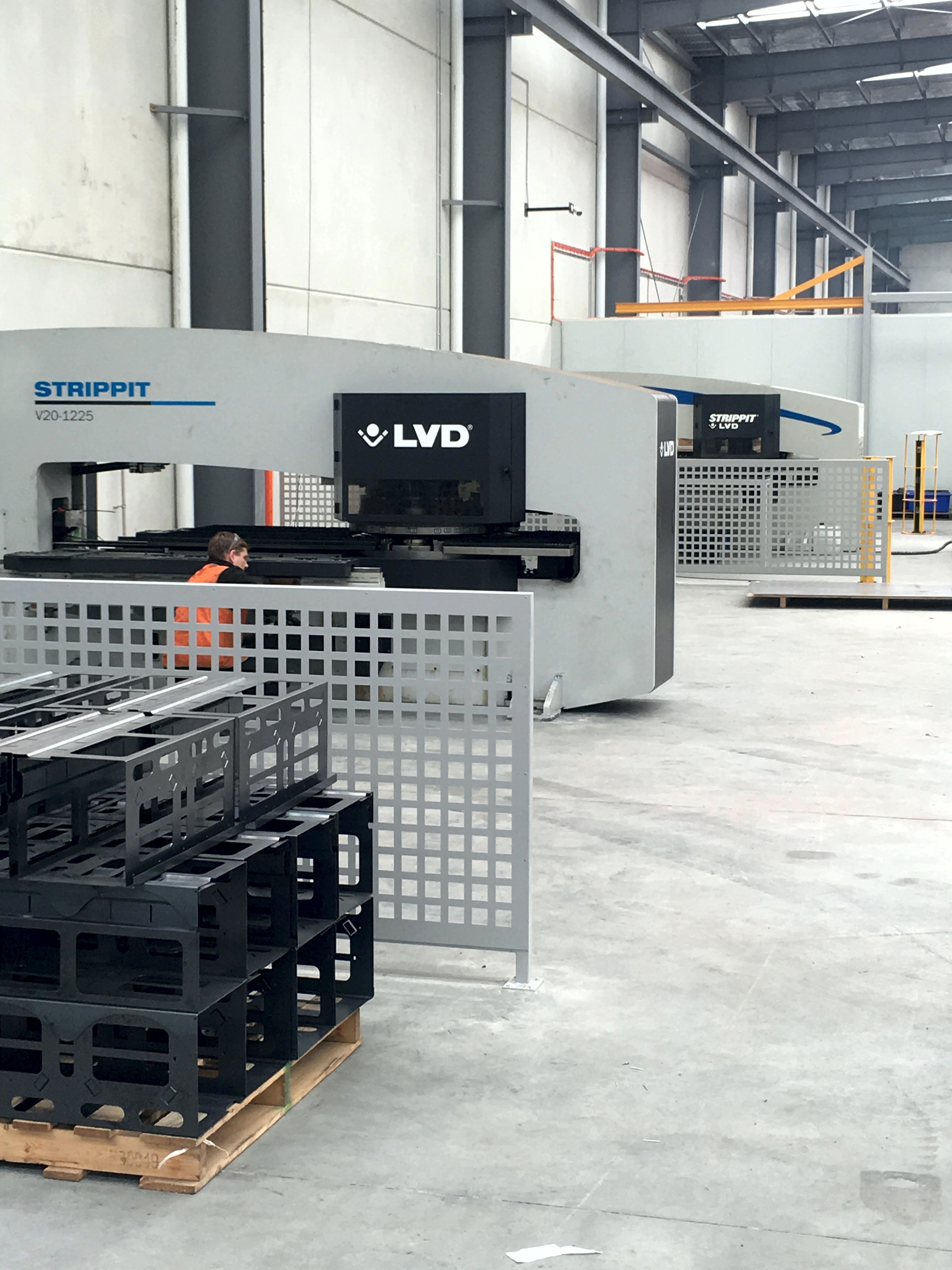Metaltex Australia Pty Ltd has worked meticulously in the past 5 years to achieve technological advancement stage jump from industry 3.0 to latest gen 4.0. We relay you this excellent article on what Industry 4.0 is and how it will shape the future of manufacturing.

The Industrial Revolution 4.0 and Its Possibilities Revealed
The adoption of digital technology has reached a point where we are ready for another radical change, the digital transformation of the industry or what we call Industry 4.0.
Industry 4.0, also known as the intelligent industry, is considered to be the fourth industrial revolution, a term coined by Professor Schwab and seeks to transform a company into an intelligent organization to achieve the best business results.
To some, it will seem too soon to talk about the next industrial revolution, i.e., the fourth industrial revolution, but the adoption of digital technology has reached a point where we are ready for another radical change, the digital transformation of the industry or what we call industry 4.0.
The change is based on the adoption of new technologies for the progressive automation of the production process. It is about innovative technologies whose application to the industry will be developed day by day.
We speak of additive manufacturing, collaborative robotics, production planning tools, artificial vision, virtual reality, gamification, process simulation, operational intelligence, IoT, and the so-called KET (Key Enabling Technologies).
All this implies the need to have systems that operate and manage broadband information and infrastructures for information technologies as well as buildings and traffic systems. This concept of industry 4.0 represents a significant leap for most organizations.
Smart Factories
In Industry 4.0, automation and intercommunication are the basis for the optimization of design and production processes, which allows manufacturing of highly customized, flexible and efficient products. It affects the entire lifecycle of a product, ensuring its vertical and horizontal integration.
Starting with research, design, prototyping, production, distribution and client management as well as linked services, it interconnects all the agents involved that can react in a more agile way in the process. This leads to an increase in productivity and competitiveness as well as a significant reduction in costs.
In a Smart Factory, production control is absolute. The digital integration of information provides real-time access to the data, which will be chosen for each line, interest or user profile so that they are relevant to the business.
Both operators who have screens with information that promote efficiency in their position, as well as the data obtained in real time by executives of the company or department managers, provide the greater diagnostic capacity of the global situation of a factory and integration of effective decisions in the productive system.
The generation of a regular flow of information brings an effective value to the entire system, resulting in the more efficient management of resources, improvement of all processes and an interesting increase in profitability.
The Fourth Industrial Revolution: the fusion of process digitalization
What do we know about Industry 4.0 or the fourth industrial revolution and why and what do we have to prepare for?
The fourth industrial revolution is a new era that gives a quantitative and qualitative leap in the organization and management of value chains. This new stage of the industry is committed to greater automation, connectivity and globalization.
Today, we see that the interrelation between different areas such as Products, Processes and Business Models has penetrated the industrial world, bringing with it the IoT and the world of Big Data and Analytics.
These are the technological advances that allow us to optimize manufacturing processes, their supervision and integration with other processes and systems used in a plant.
We live in an industrial revolution that consists of the fusion of the physical and digital planes, favoring the presentation of information in a comprehensible format for all users, promoting enhanced collaboration and data sharing, based on the automation of maintenance processes and artificial intelligence.
When we talk about an industrial revolution, we talk about technologies and tools such as, for example, virtual reality and augmented reality, IoT (Internet of Things), artificial intelligence and artificial vision, virtual assistants, Big Data, cloud computing, modern design programs and process simulation, 3D printing, security, Nano and biotechnology or quantum computing, among others.
Industry 4.0 is characterized by the quickest way to provide visible results and the degree to which it affects users. It is about the internet as a basis for interconnection and the implications this has in terms of the ease of access to information, digital identity, privacy, security, etc. are massive.
It is expected that Industry 4.0 will impact in some way the society, economy, and politics. It provides us with almost instantaneous information, which makes us more informed and more demanding.
Decisions are also expected to be made more quickly and efficiently when the fourth industrial revolution comes into the picture.
Our environment is already quite intelligent and poses many opportunities and challenges. An example is the creation of new smart products that present added values with respect to competition and have a positive impact on a person’s personal well-being.
The issue of cybersecurity is another example, and it will be one of the key issues for the interconnected industrial world. Of course, the industrial revolution also modifies the profile of human resources that will be needed in the new factories: skills and knowledge different from what is currently being asked for will be required, and it is expected that the work dynamics will be modified along with the schedules.
The question is not to be left behind and prepare for the fourth industrial revolution. The governments of many countries have already launched programs that aim to inform about different initiatives and support all types of training in terms of adapting companies to this new reality that requires more leadership and organizational changes to carry out business transformation.
Finally, manufacturers have been operating in a knowledge gap for too long, but now, the large volume of real-time data coming from the IoT, combined with operational intelligence technologies allows knowledge to be acquired and decisions to be made instantly.
Machine learning will be derived in predictive and self-adjusting processes. Using these tools will make the industry avoid mistakes or anticipate them, making it cheaper and shortening the productive process.
